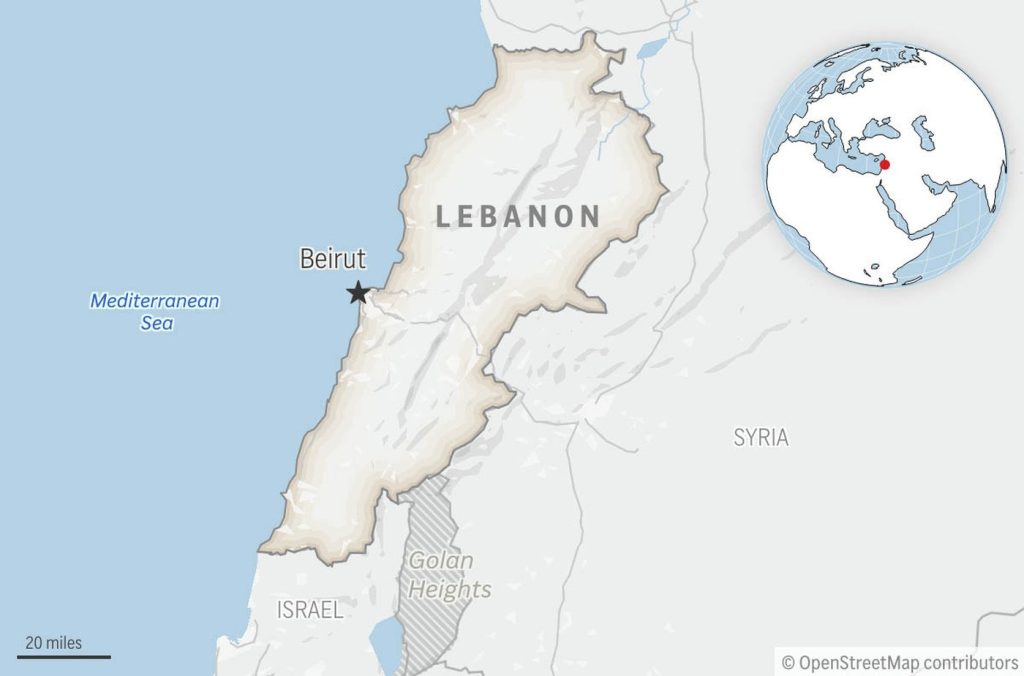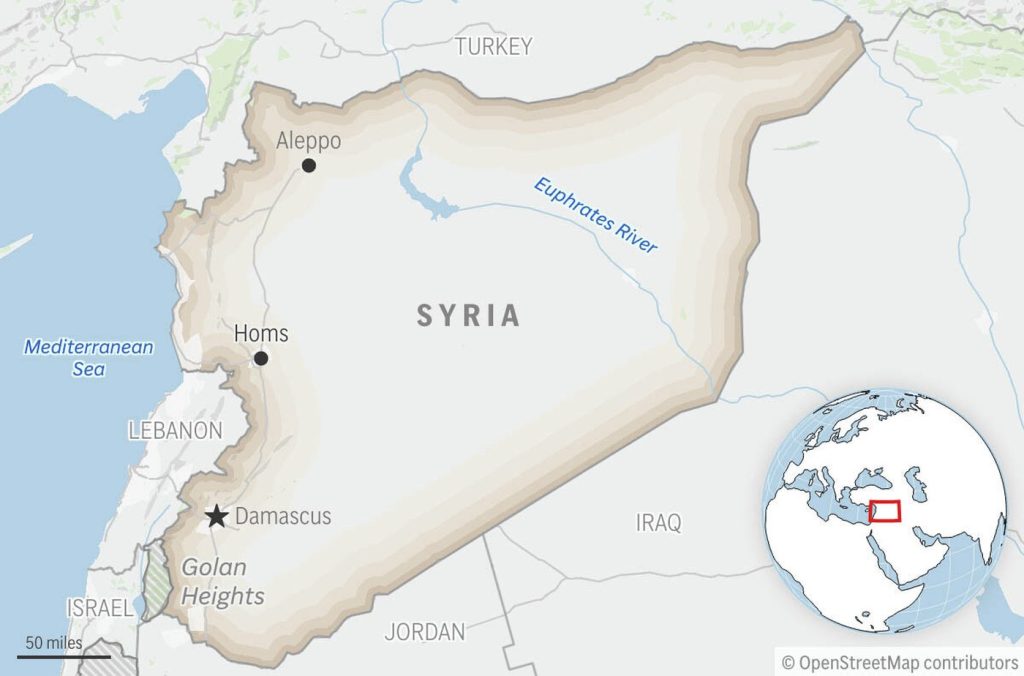An Israeli drone strike in southern Lebanon on Sunday resulted in the deaths of five individuals, including three children, according to Lebanon's Health Ministry. The attack also left two others wounded, one of whom was the mother of the children.
The Israeli military stated that the strike was aimed at a Hezbollah militant, claiming that the targeted individual operated within a civilian population. The military acknowledged civilian casualties and mentioned that an investigation into the incident was underway.
Israel frequently conducts strikes targeting Hezbollah militants and related infrastructure in southern Lebanon. Despite a ceasefire in place since last November, Israel claims that Hezbollah is attempting to rebuild its military capabilities. Importantly, Hezbollah has reportedly only claimed to have fired across the border once since the ceasefire.
Lebanese Parliament Speaker Nabih Berri indicated that four of the deceased individuals, which included the three children and their father, held U.S. citizenship. However, the U.S. State Department stated that none of the victims appeared to be American citizens, though it acknowledged the situation as still “fluid.”
Since the ceasefire agreement, Israeli forces have maintained a routine of striking southern and eastern Lebanon nearly every day. Lebanese officials have raised concerns that these ongoing operations may jeopardize the country’s attempts to disarm Hezbollah, potentially leading to further instability. Hezbollah contends that it has no military presence south of the Litani River and has rejected the possibility of disarmament without a cessation of Israeli attacks and a withdrawal from Lebanese territory.
President Joseph Aoun, who recently arrived in New York for the United Nations General Assembly, condemned the drone strike and urged the international community to pressure Israel into ceasing its actions. Together with Prime Minister Nawaf Salam, Aoun endorsed a disarmament agreement aimed at gradually dismantling Hezbollah's military capabilities, which was established last month.
The protracted conflict between Hezbollah and Israel has already claimed approximately 4,000 lives in Lebanon and displaced many residents throughout southern and eastern regions. Hezbollah leadership argues that the continuous Israeli strikes validate their stance on retaining their arms. They have criticized the effectiveness of the ceasefire agreement and the associated monitoring mechanisms involving the United States, France, and United Nations peacekeeping forces.
Under the Washington-brokered ceasefire, both Israel and Hezbollah had committed to withdrawing their respective forces from southern Lebanon and stopping attacks against each other. Notably, Israeli troops still occupy five key hilltop points along the Lebanese border.












